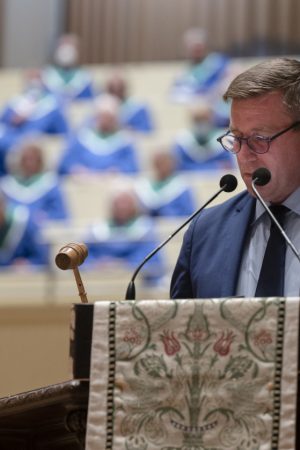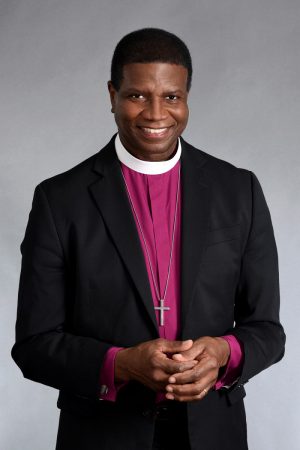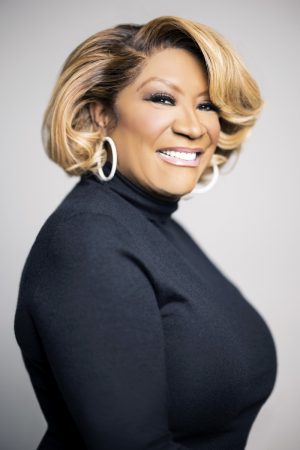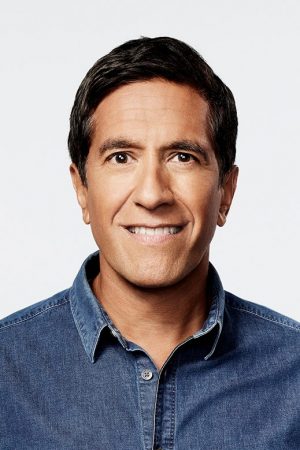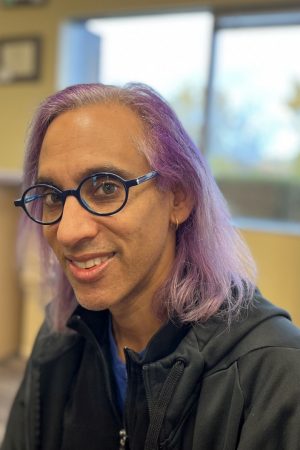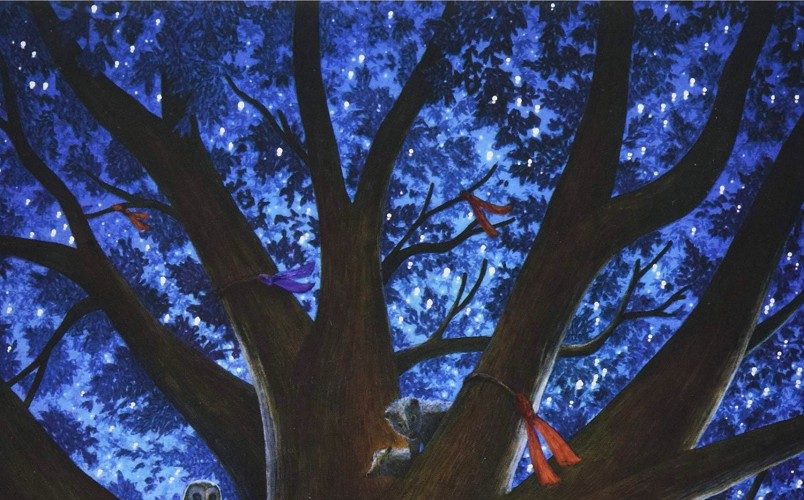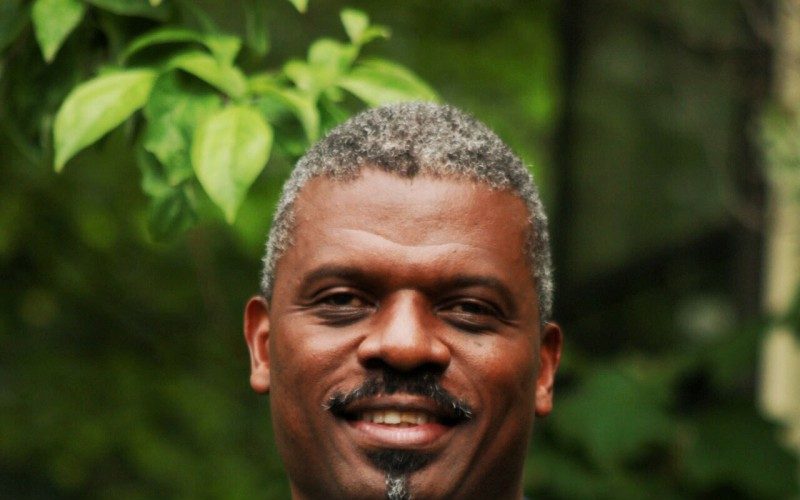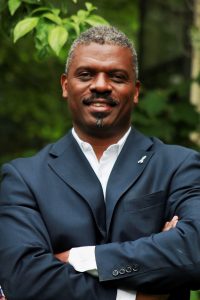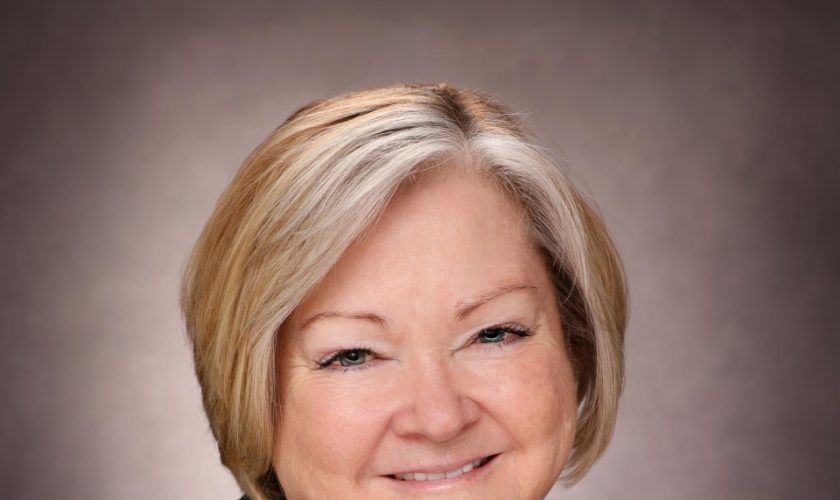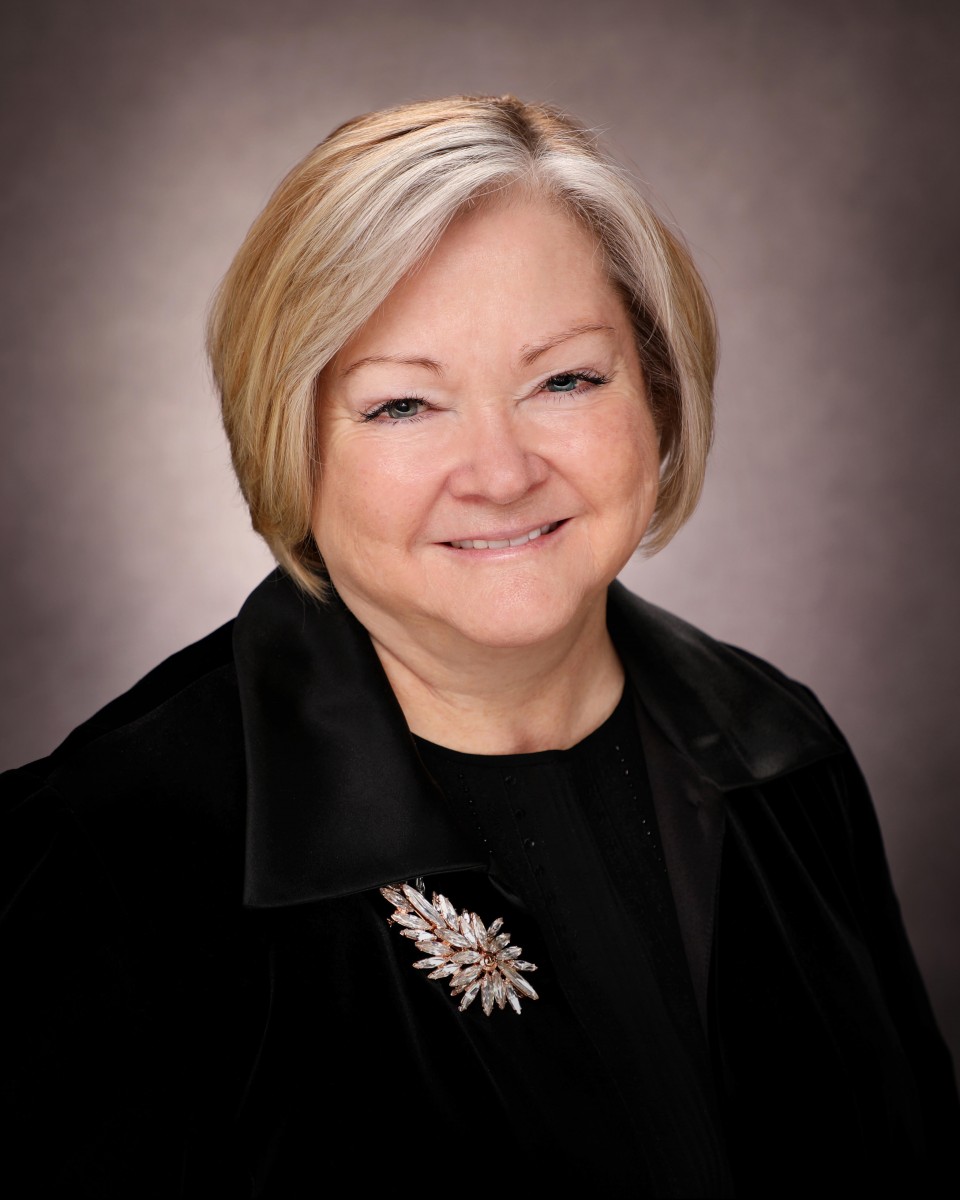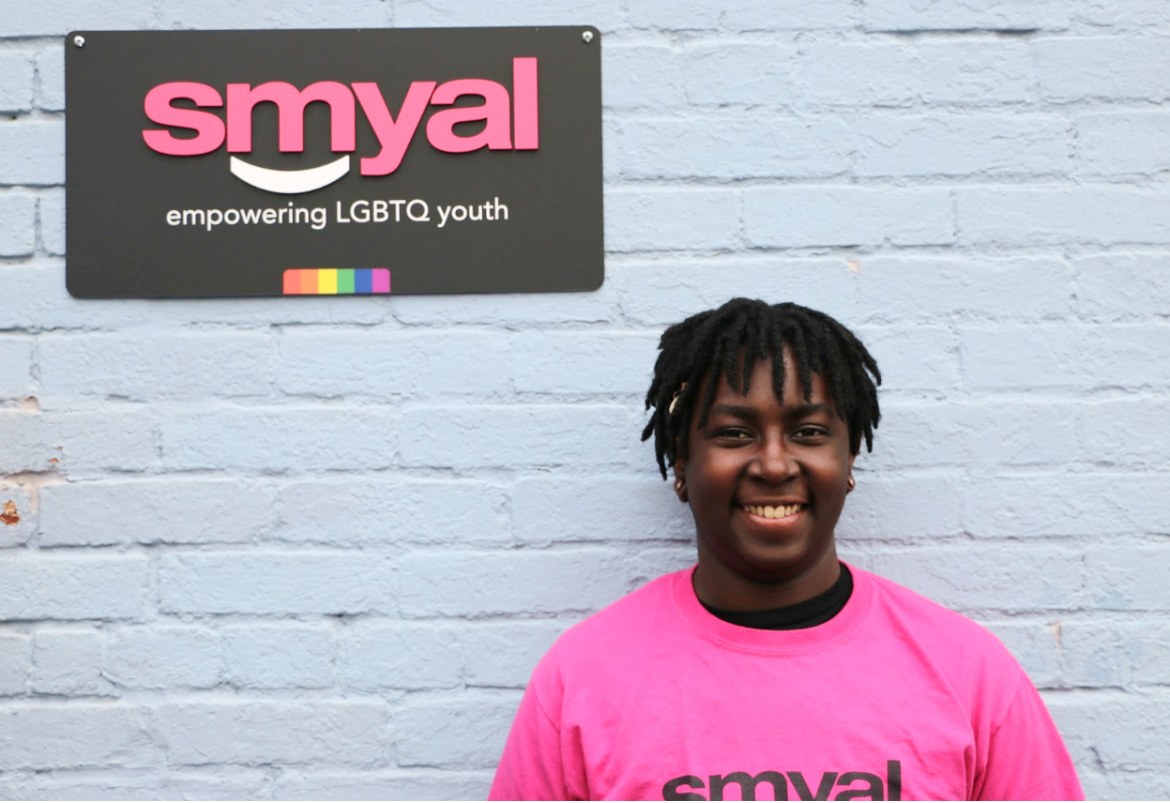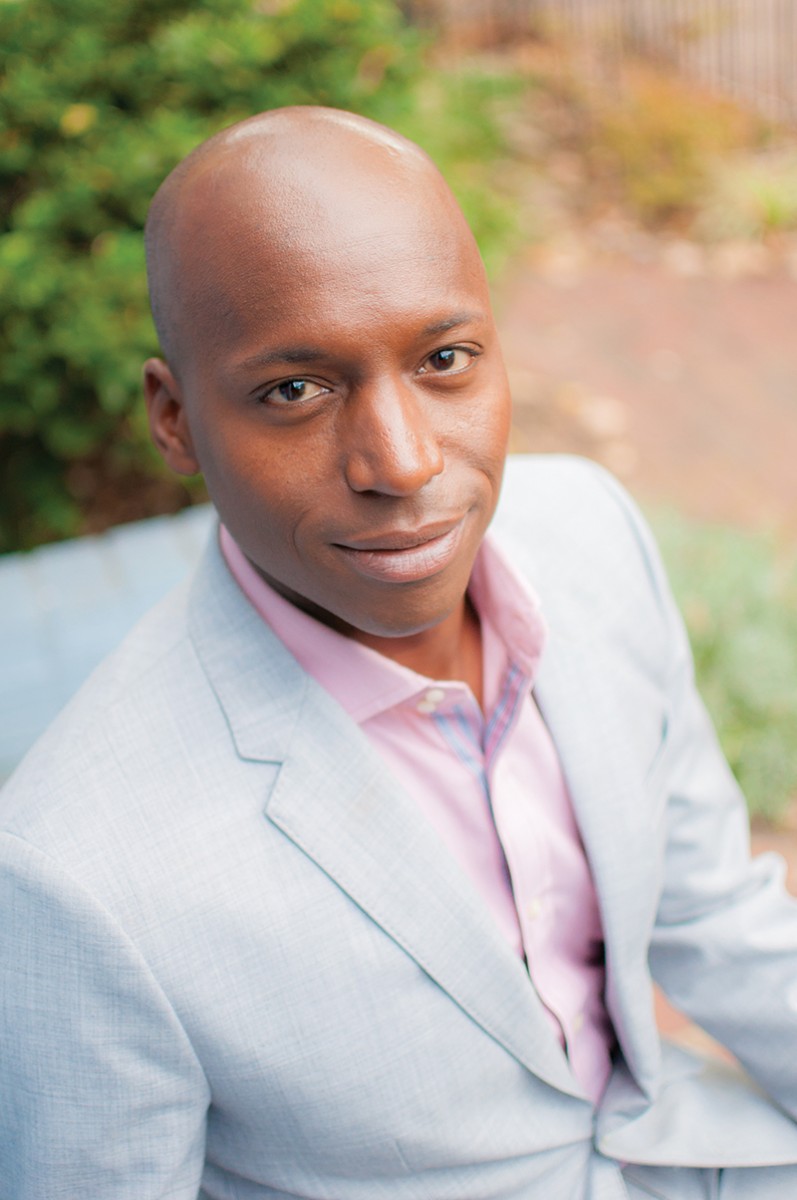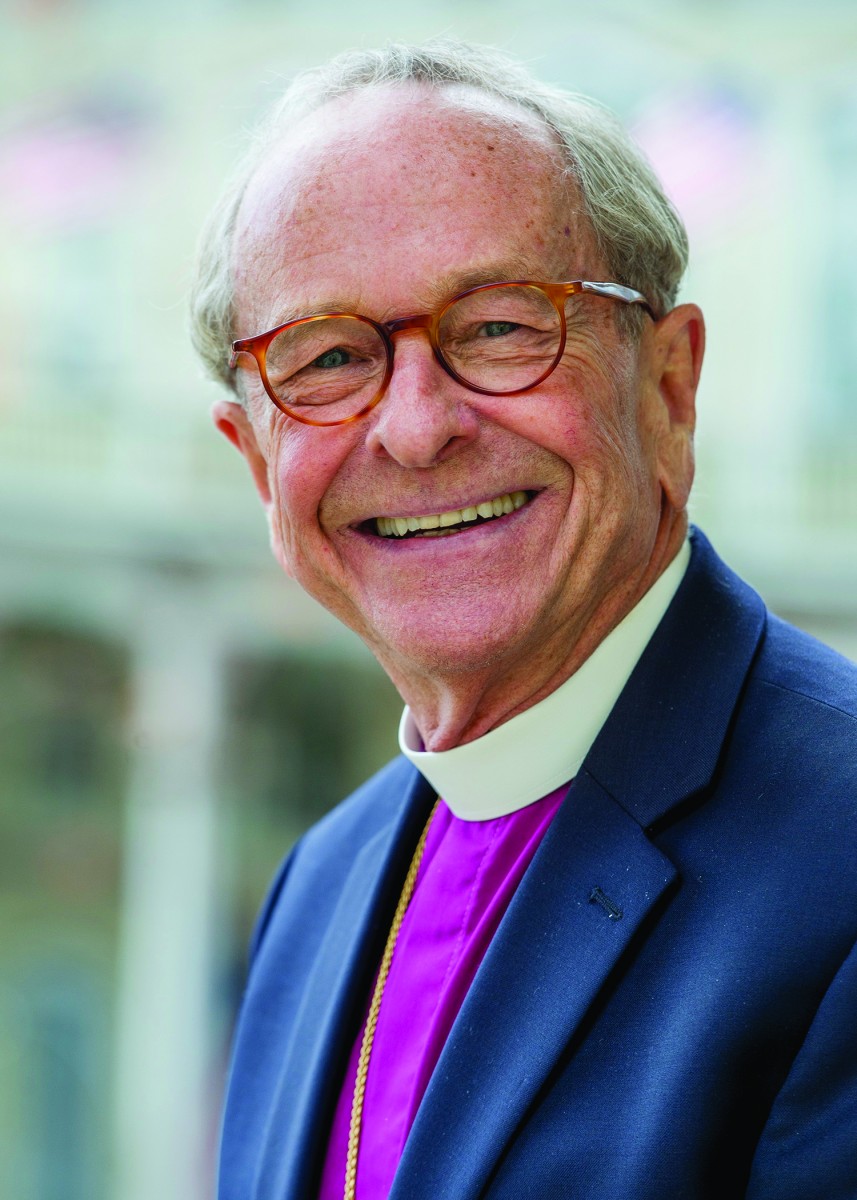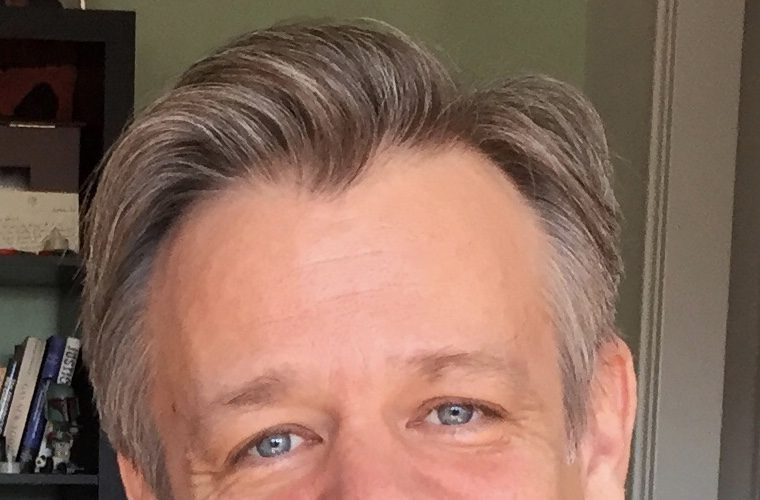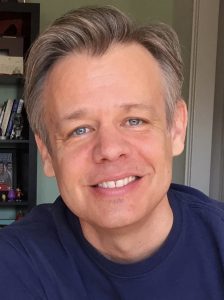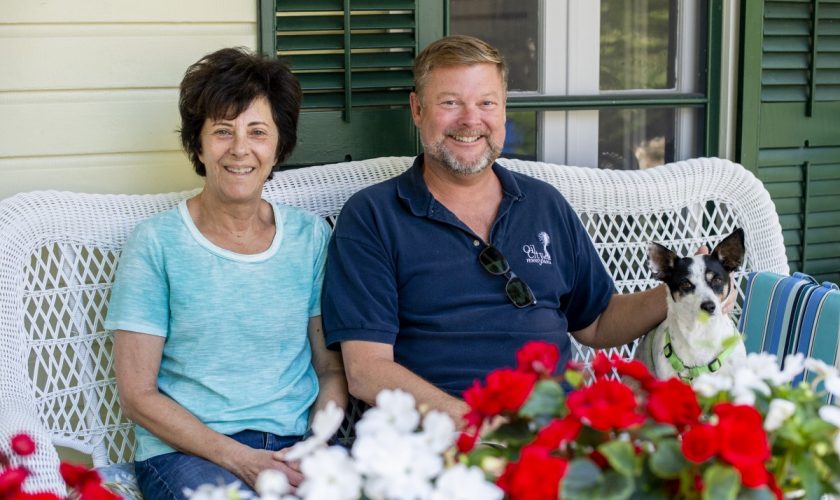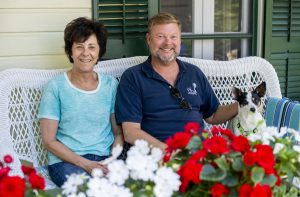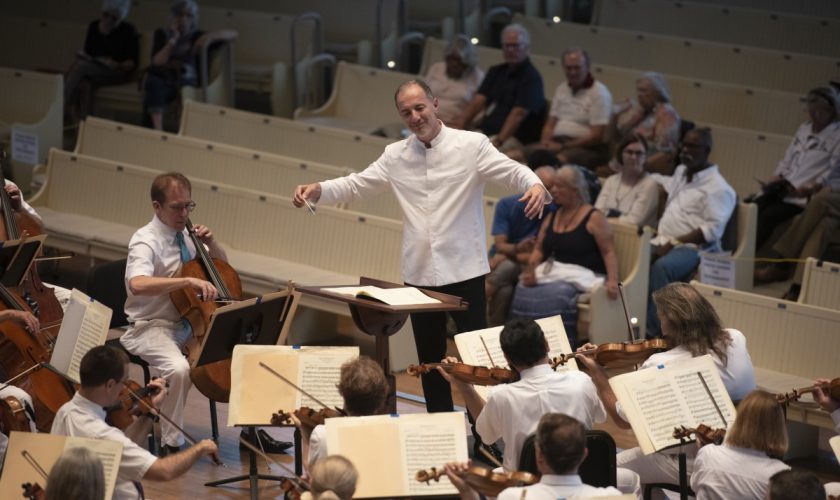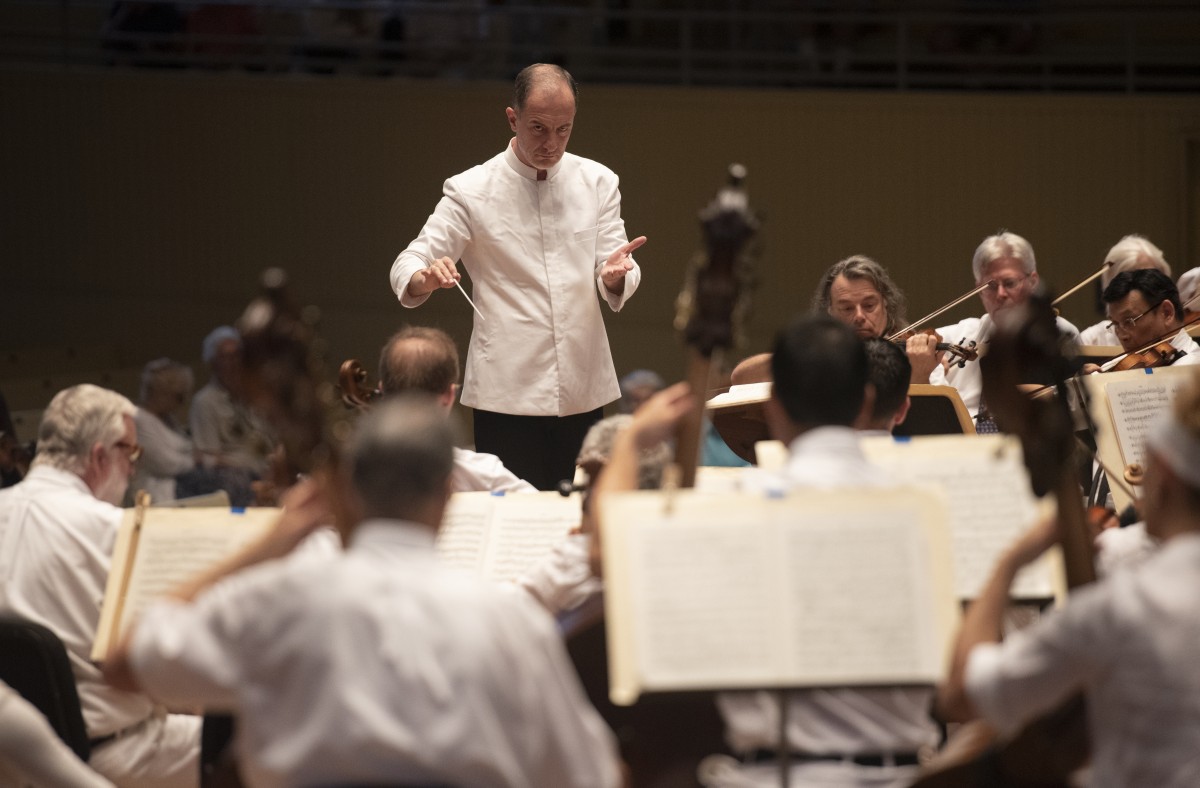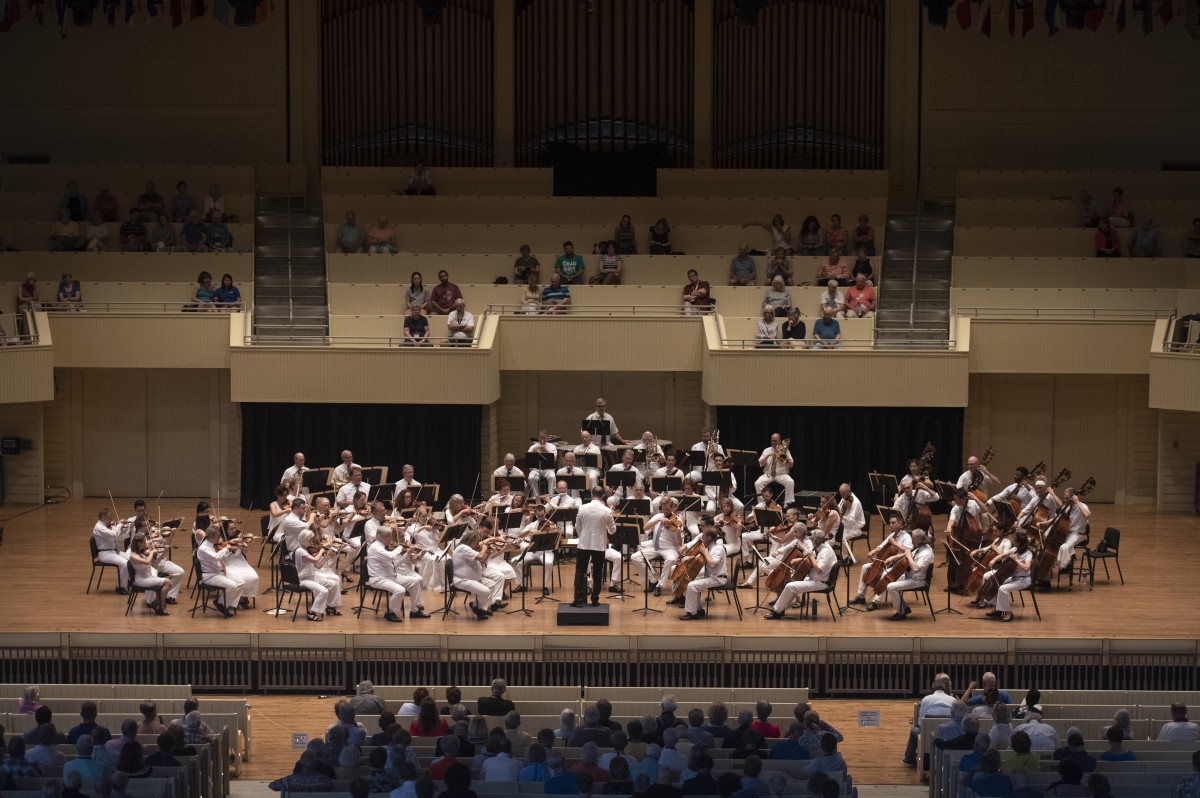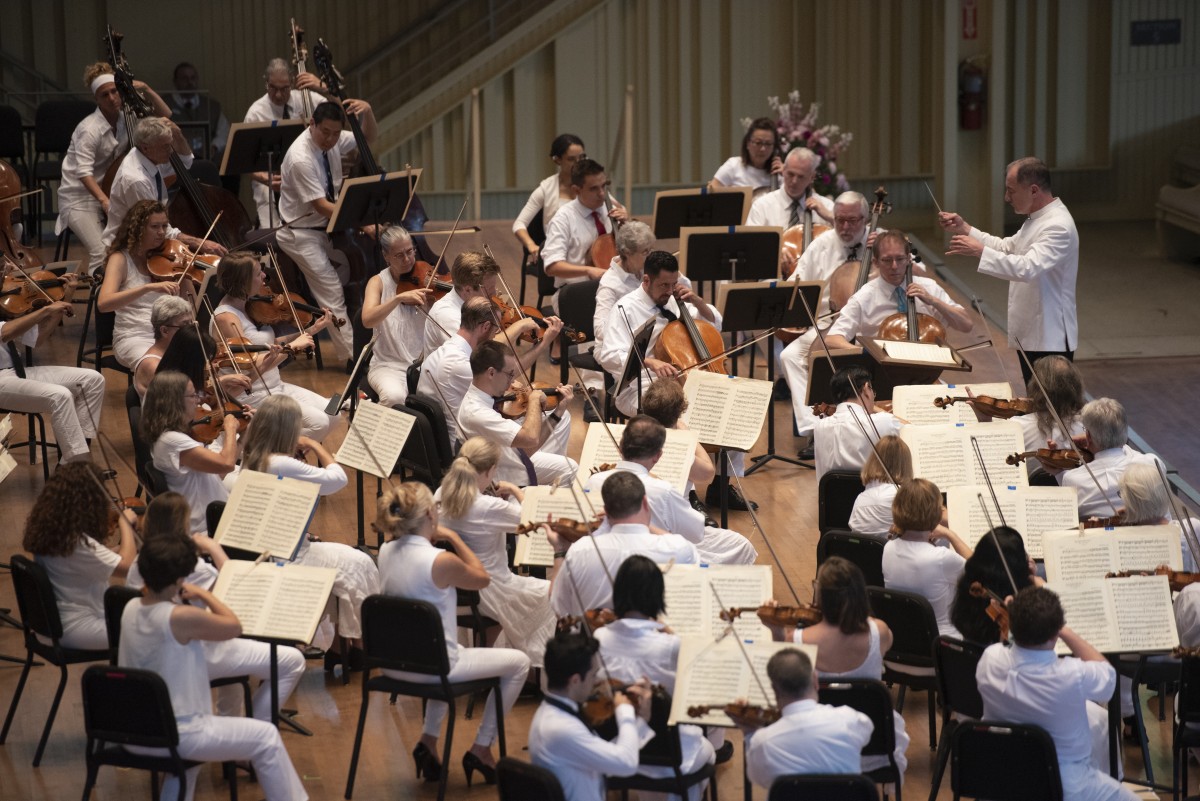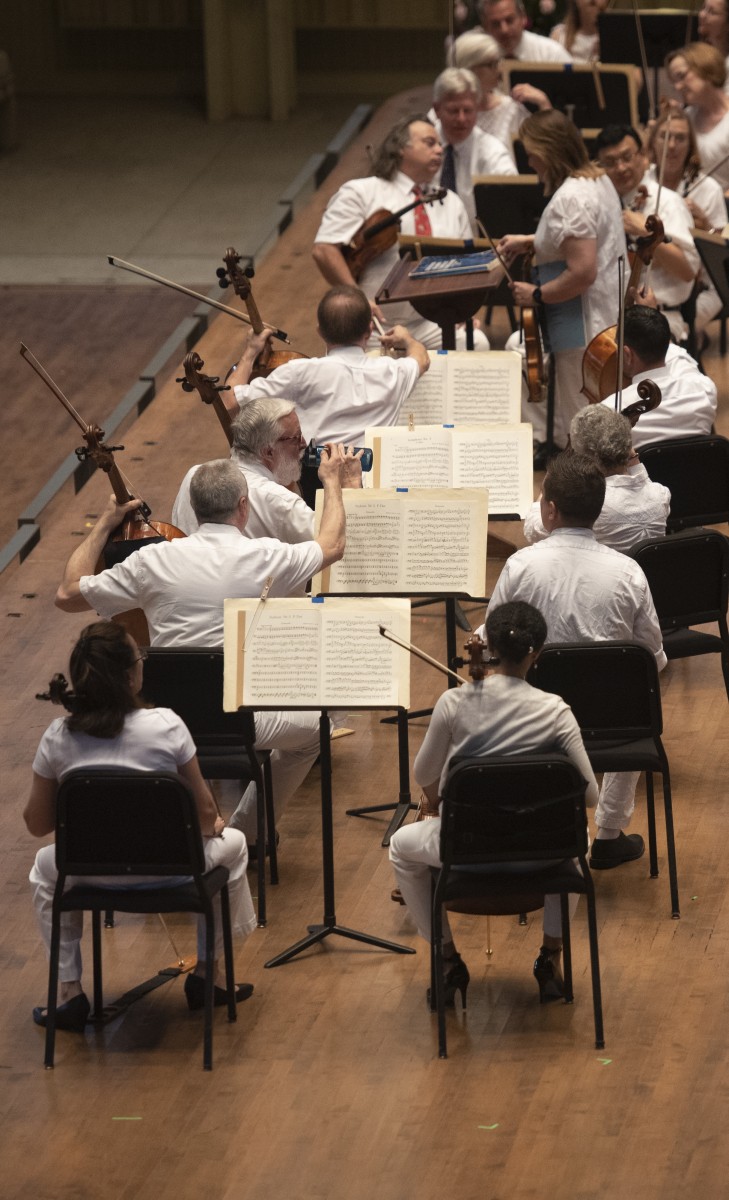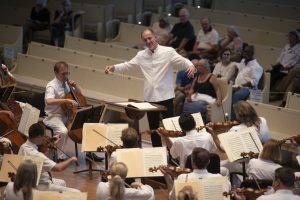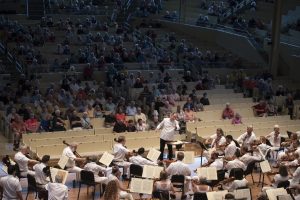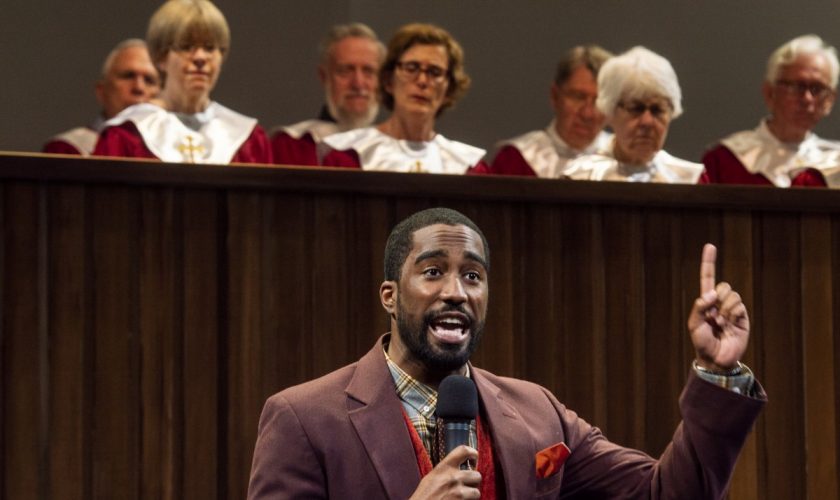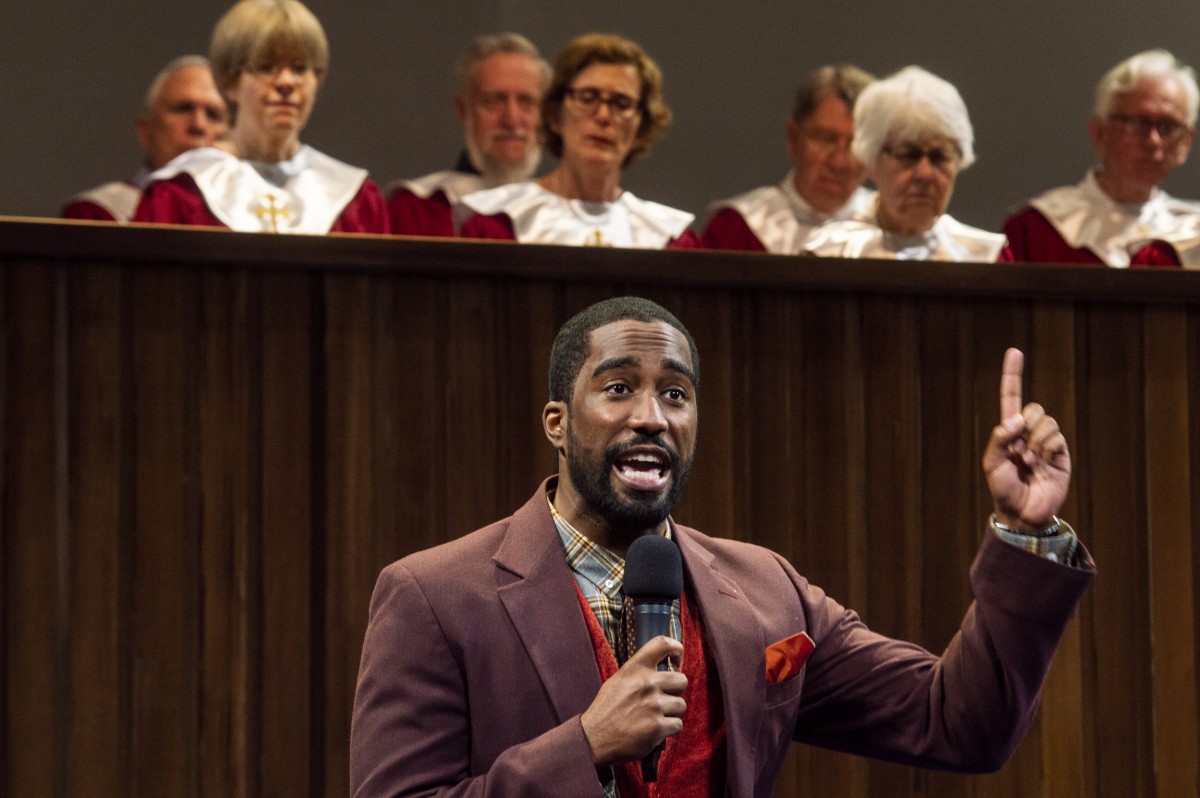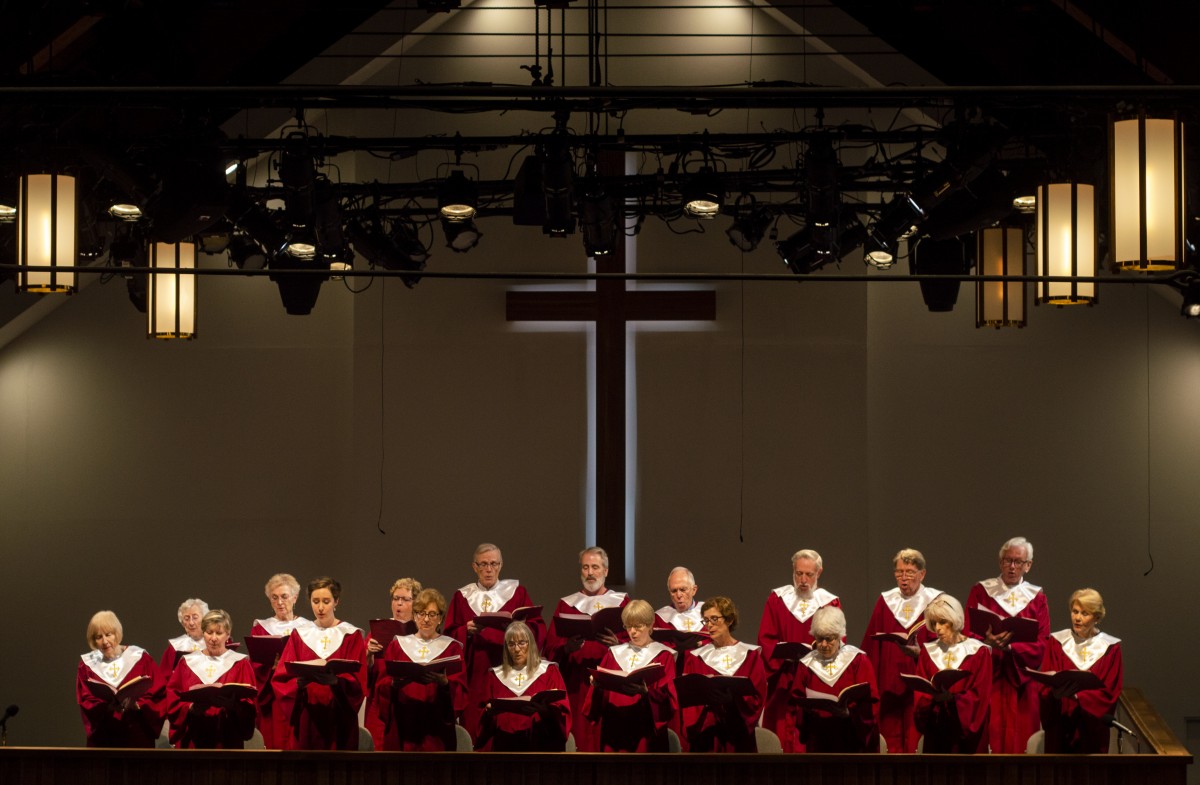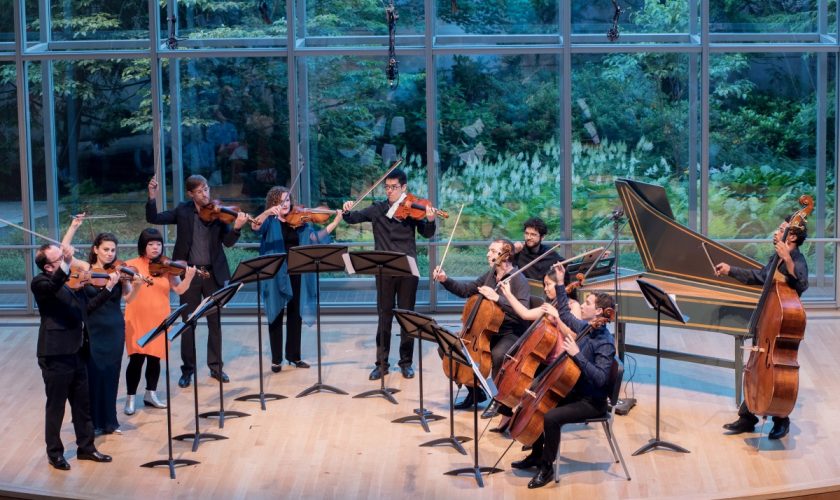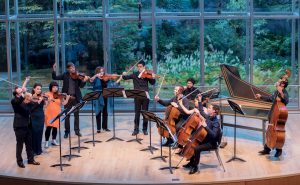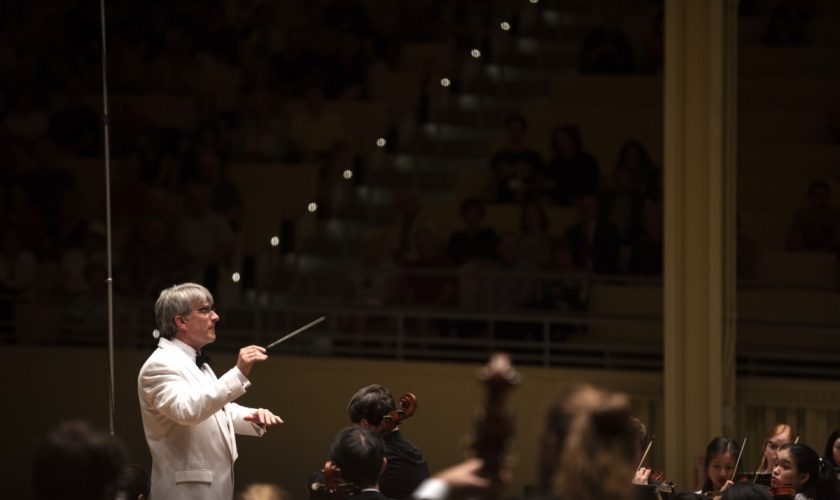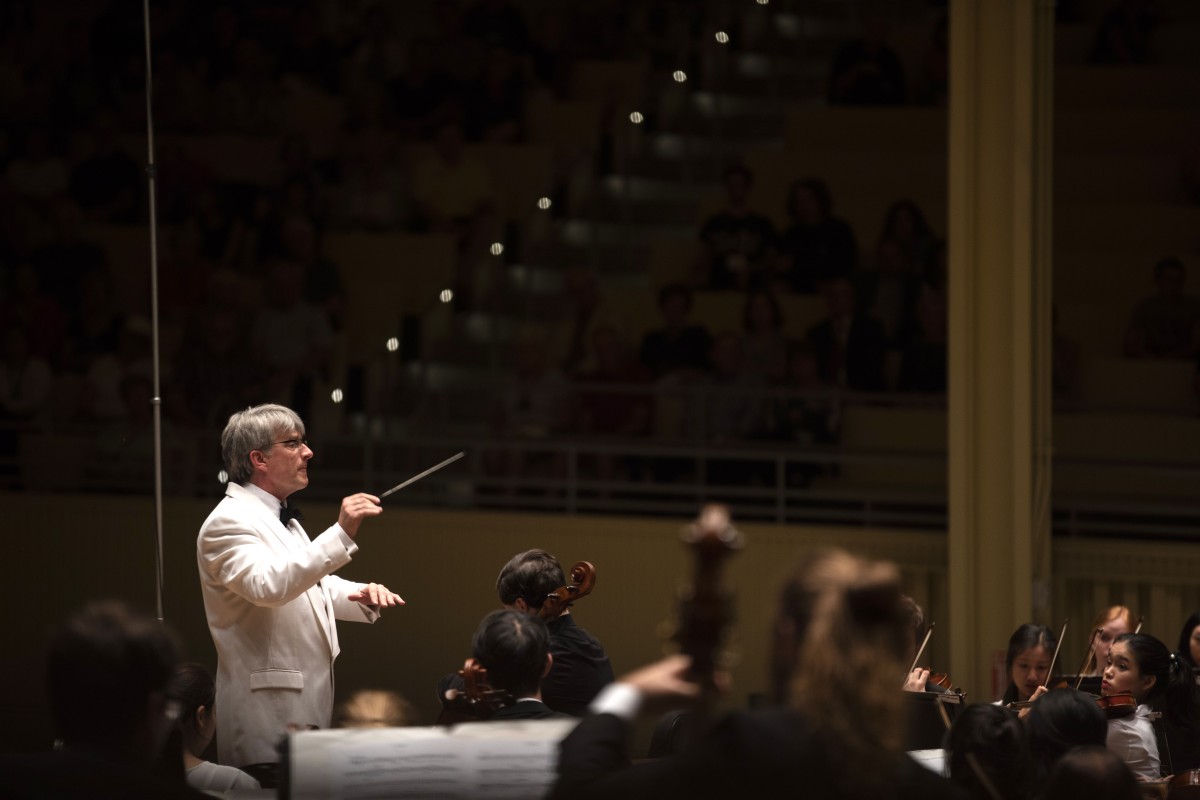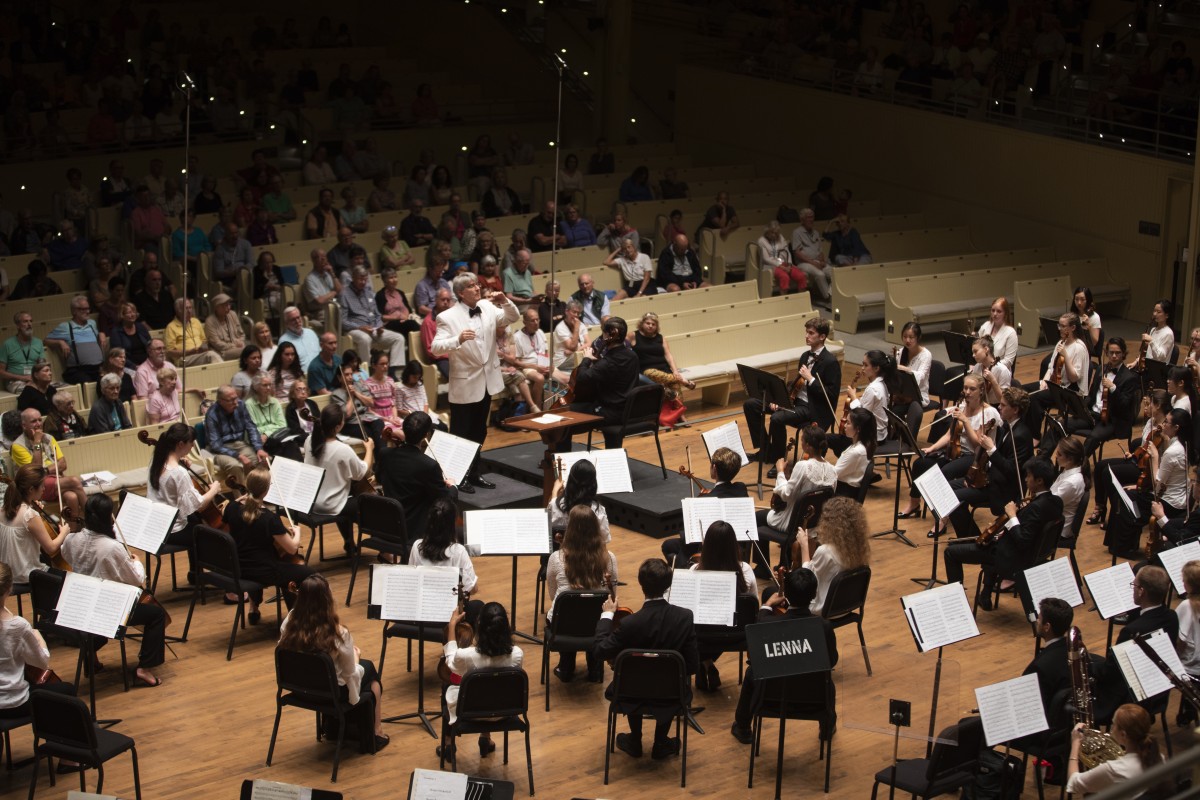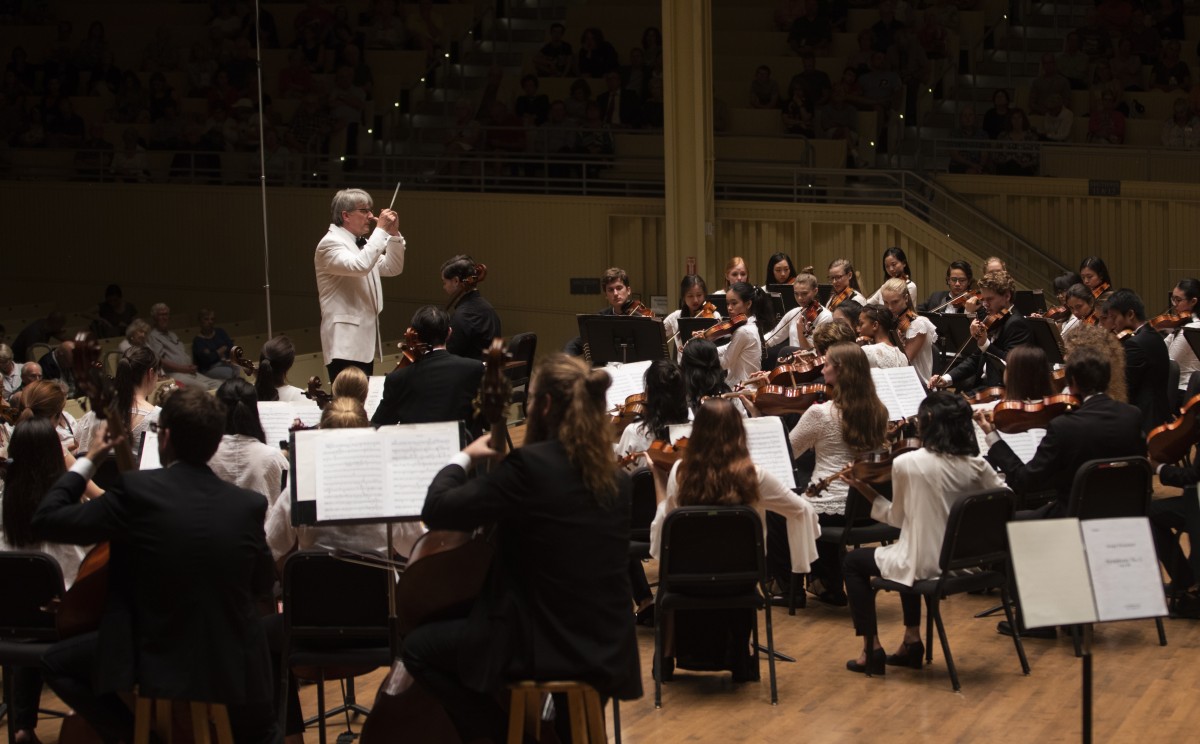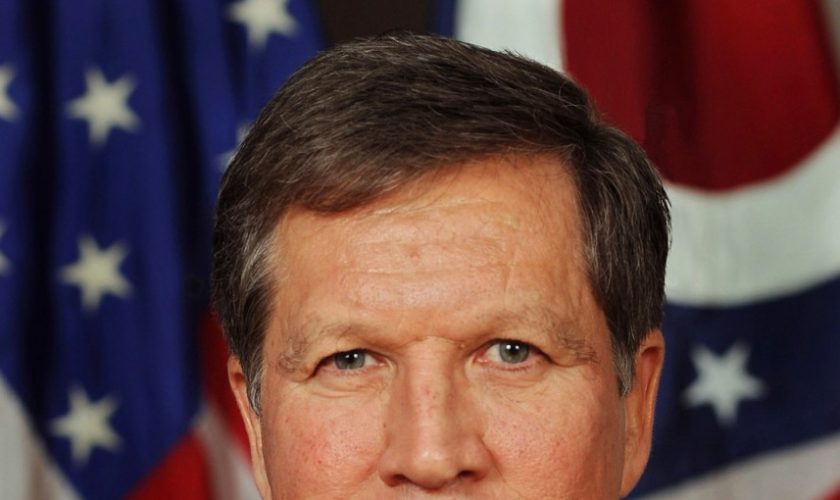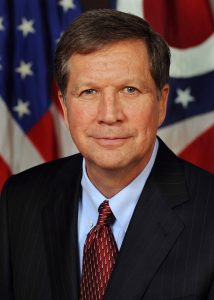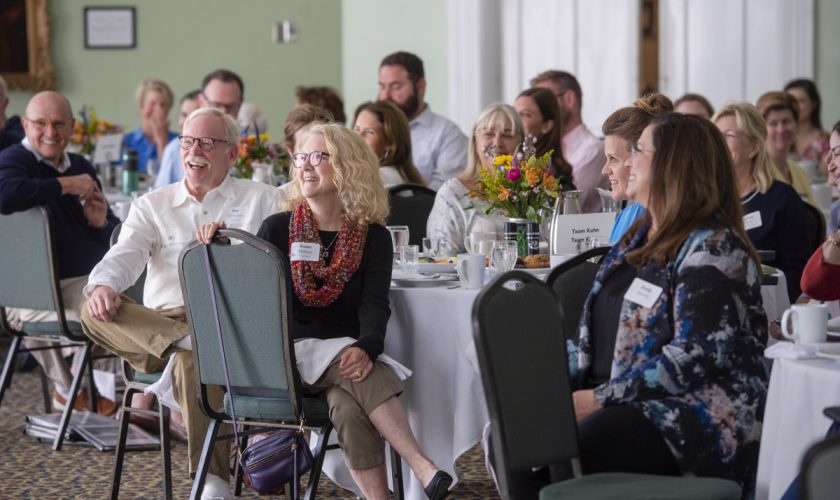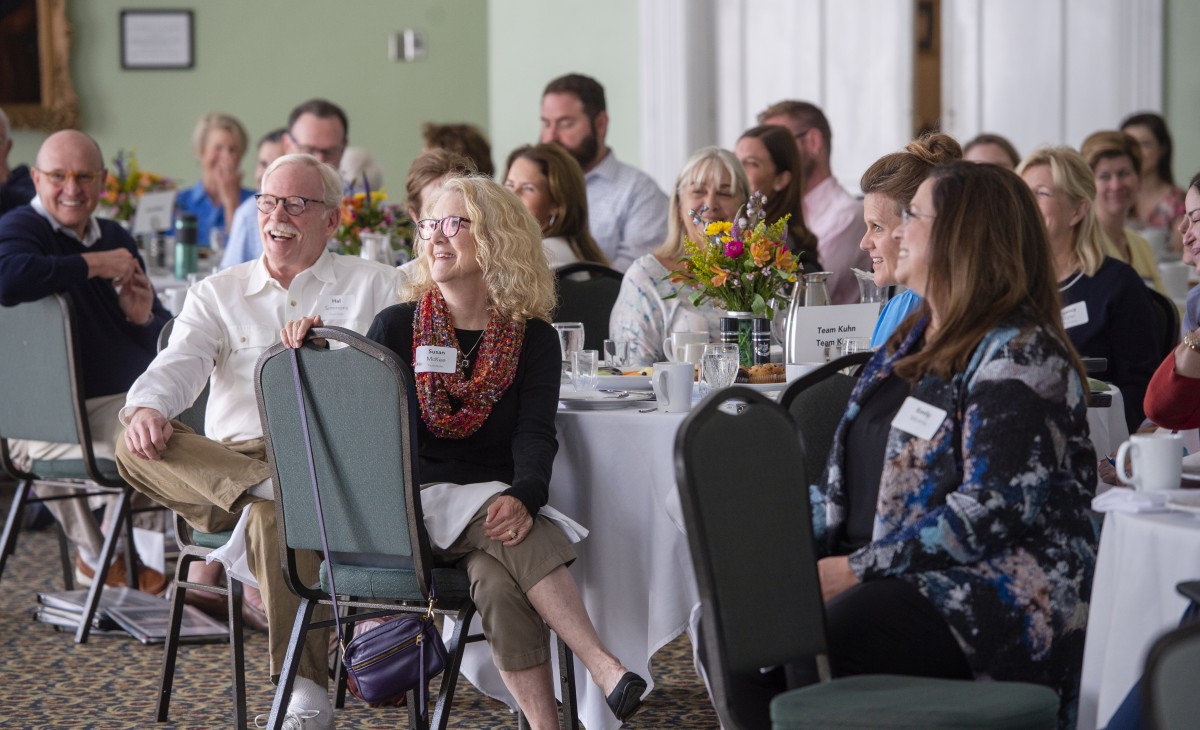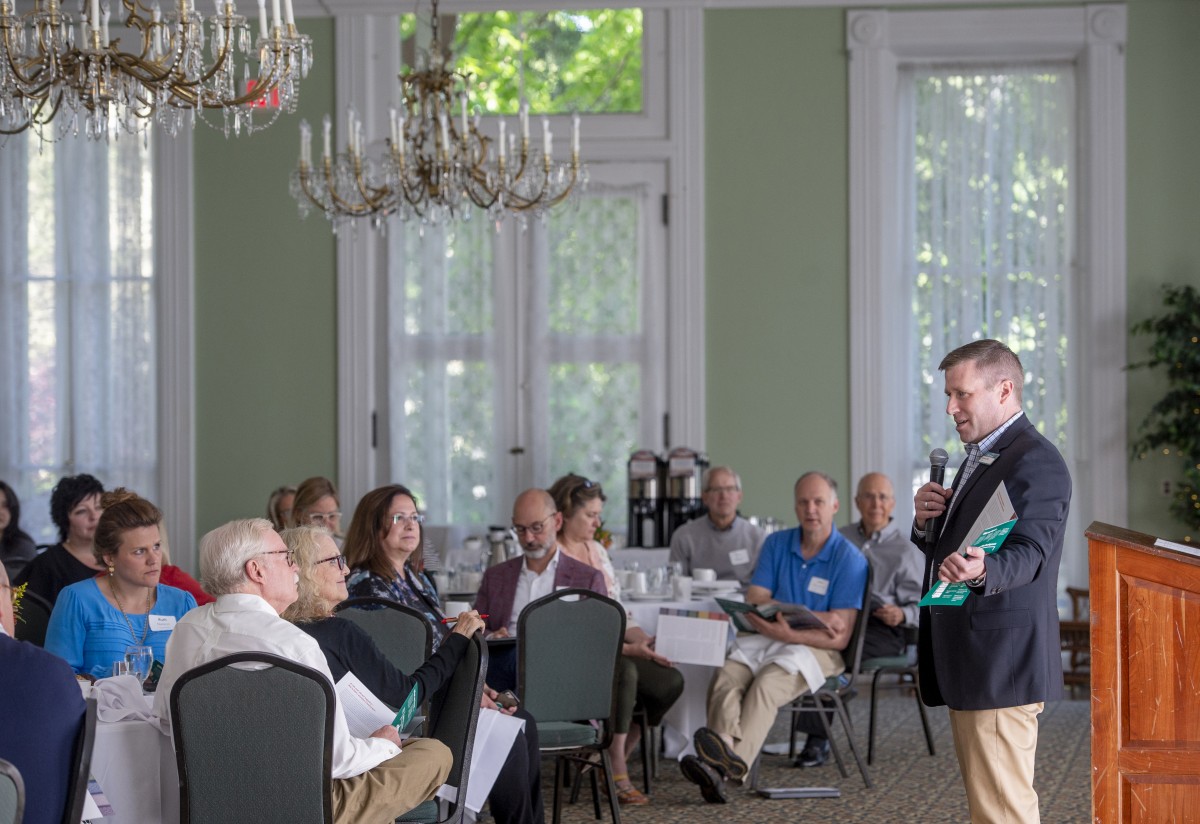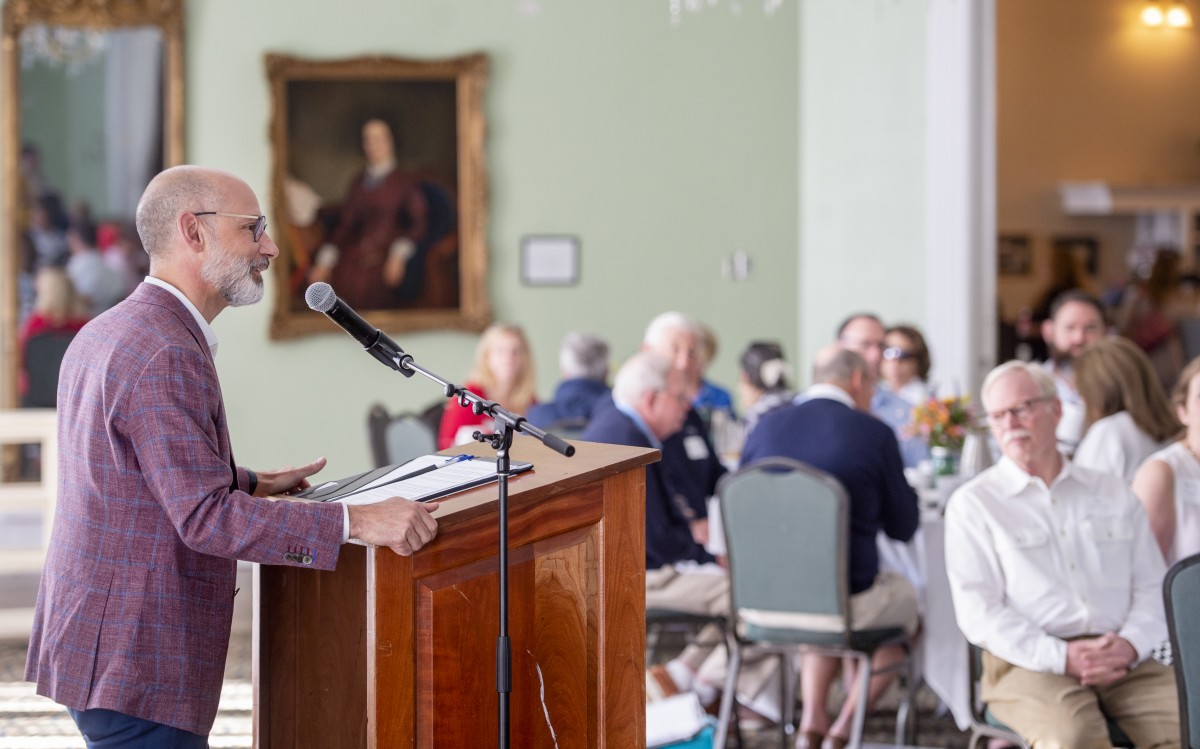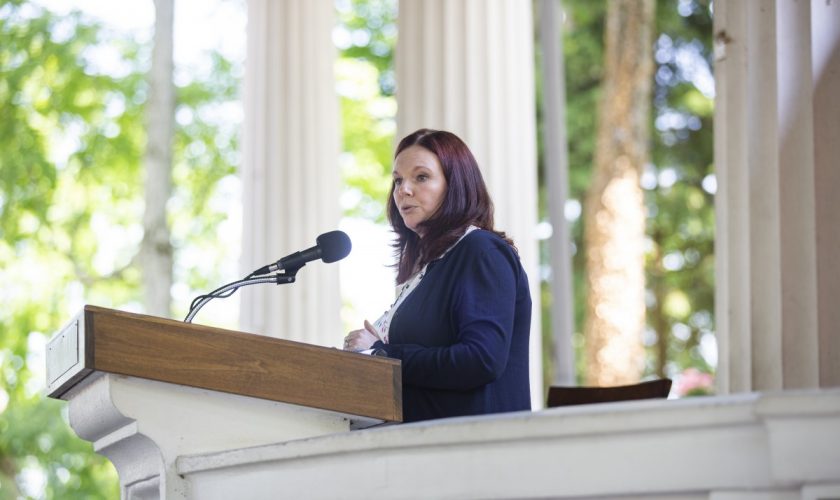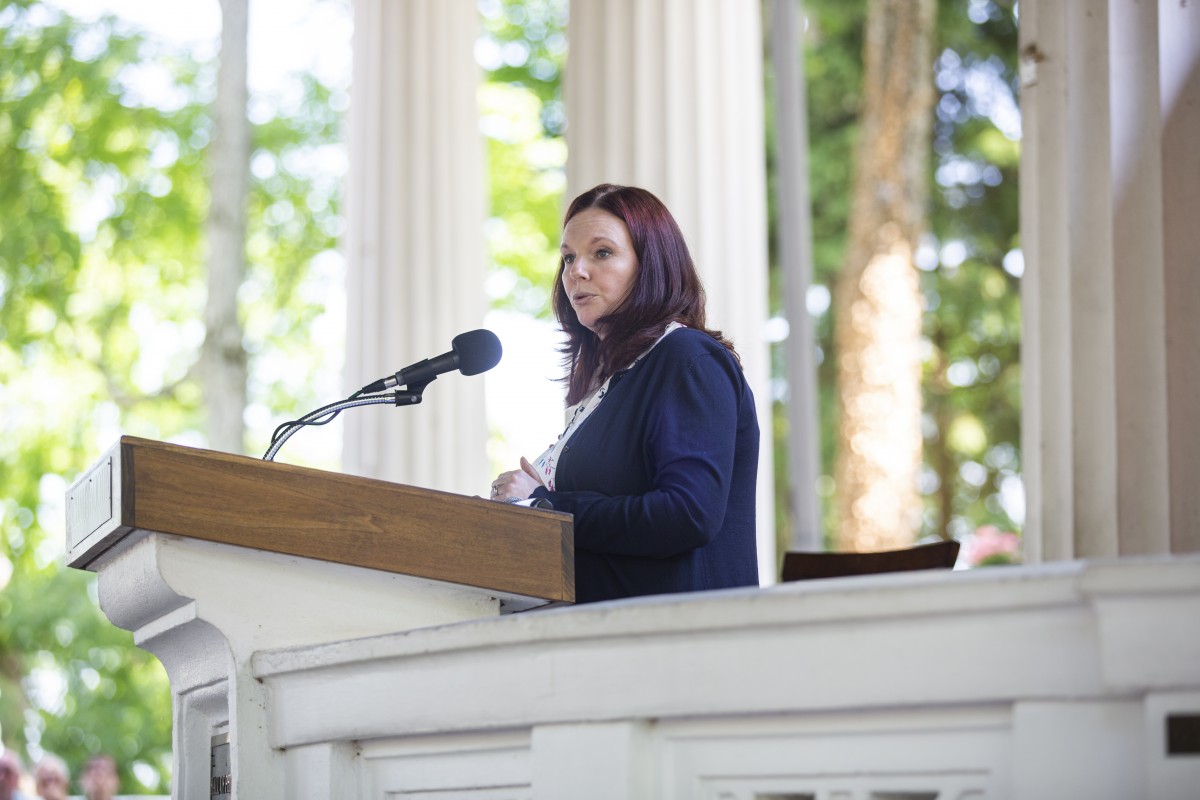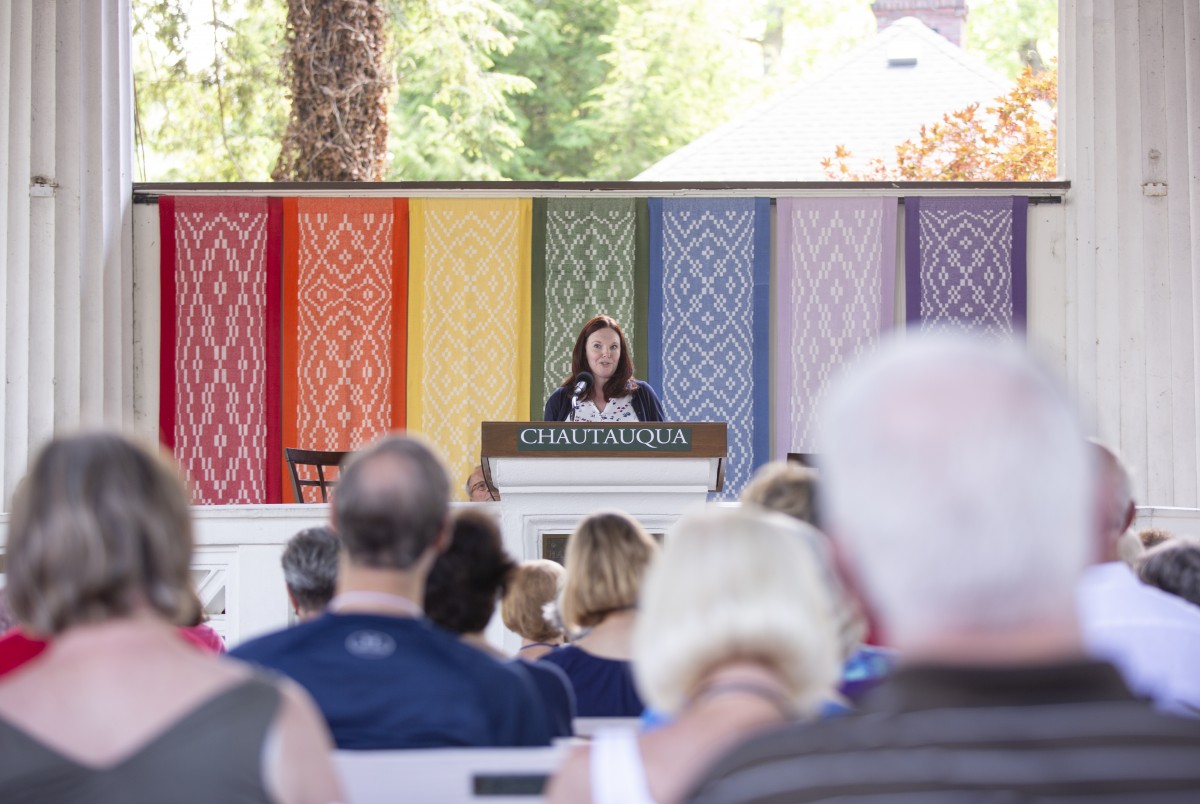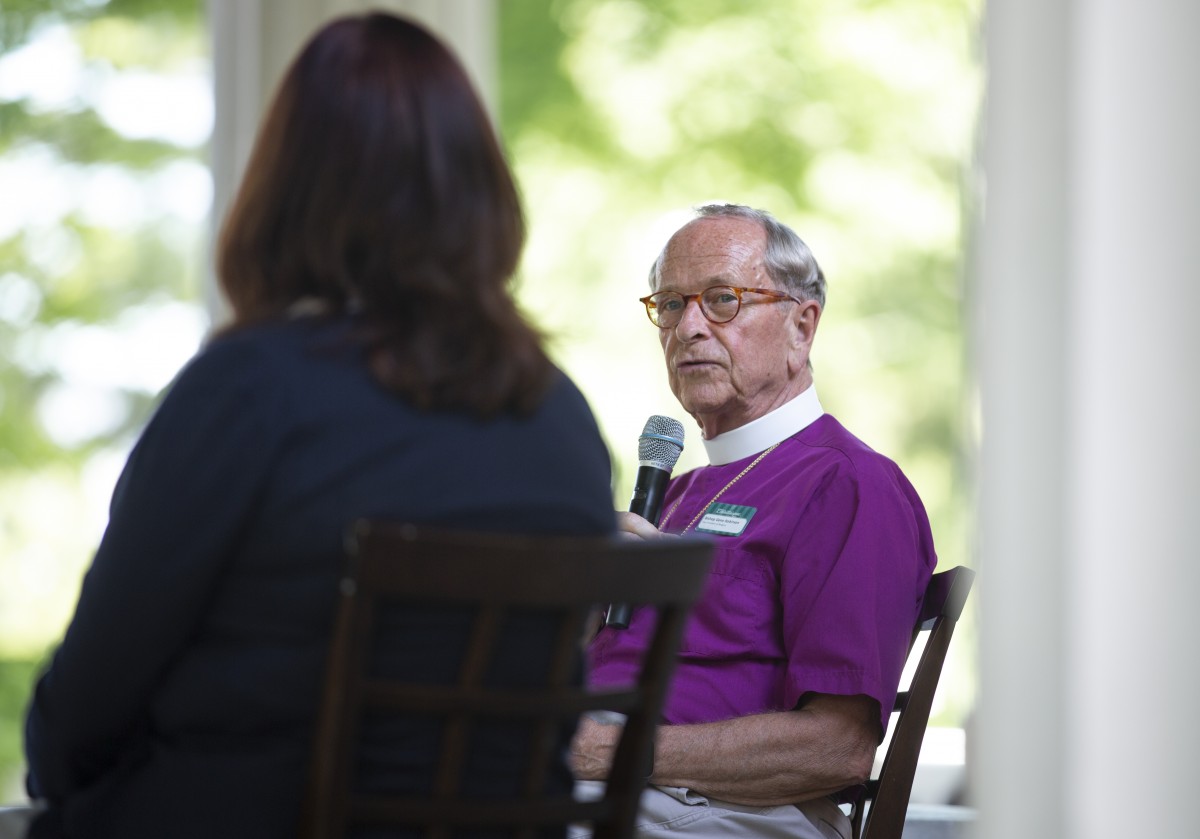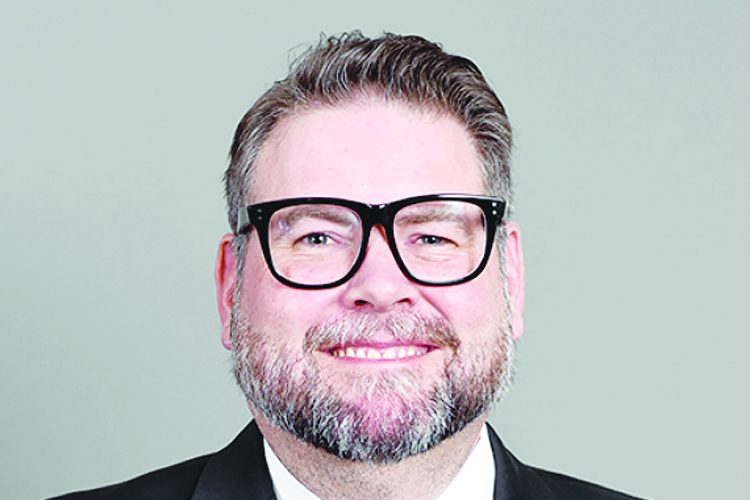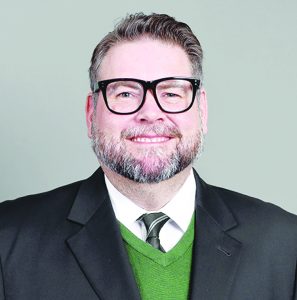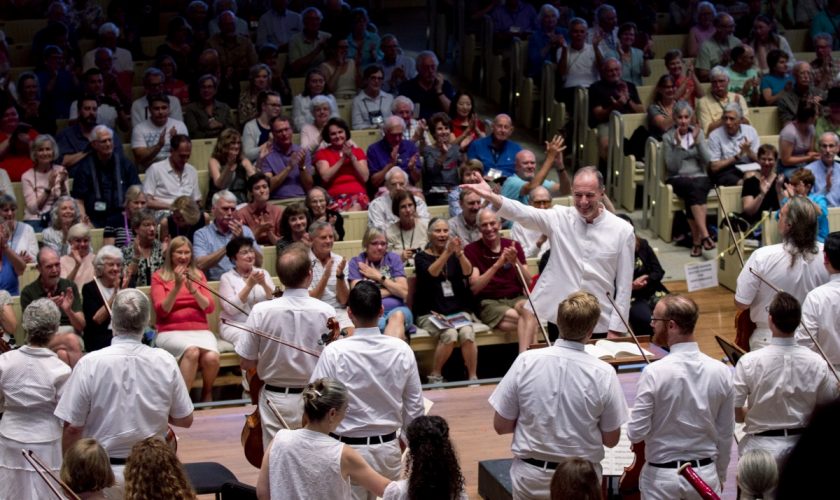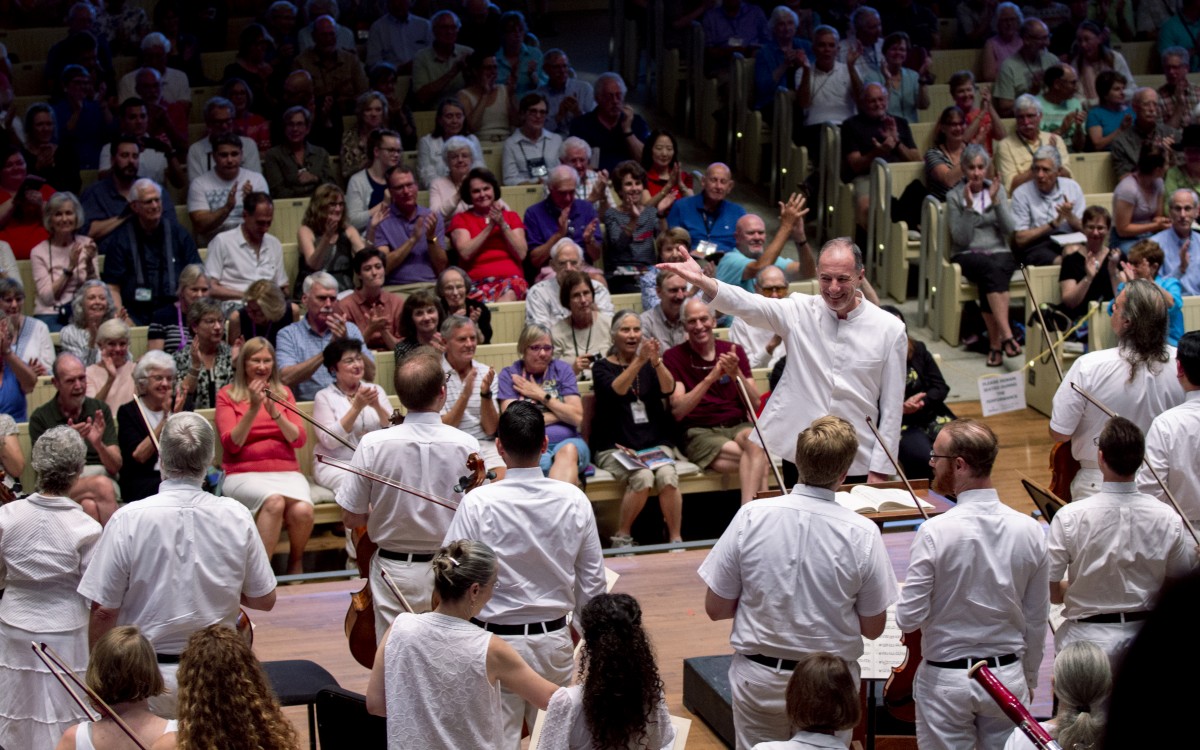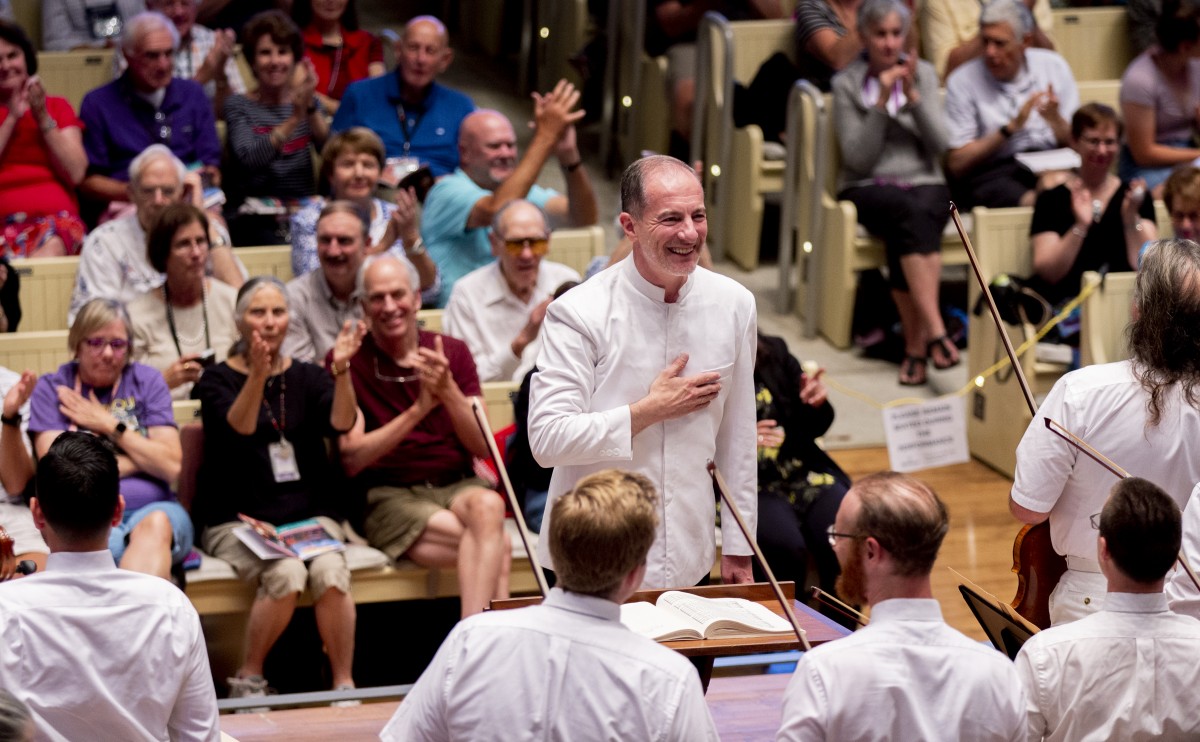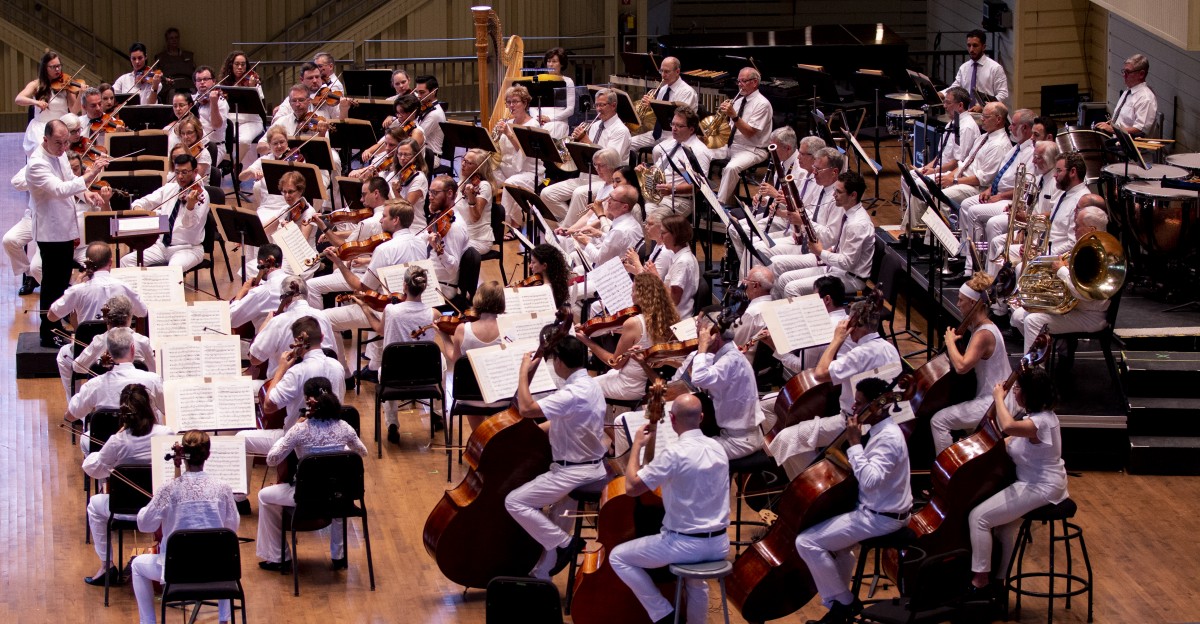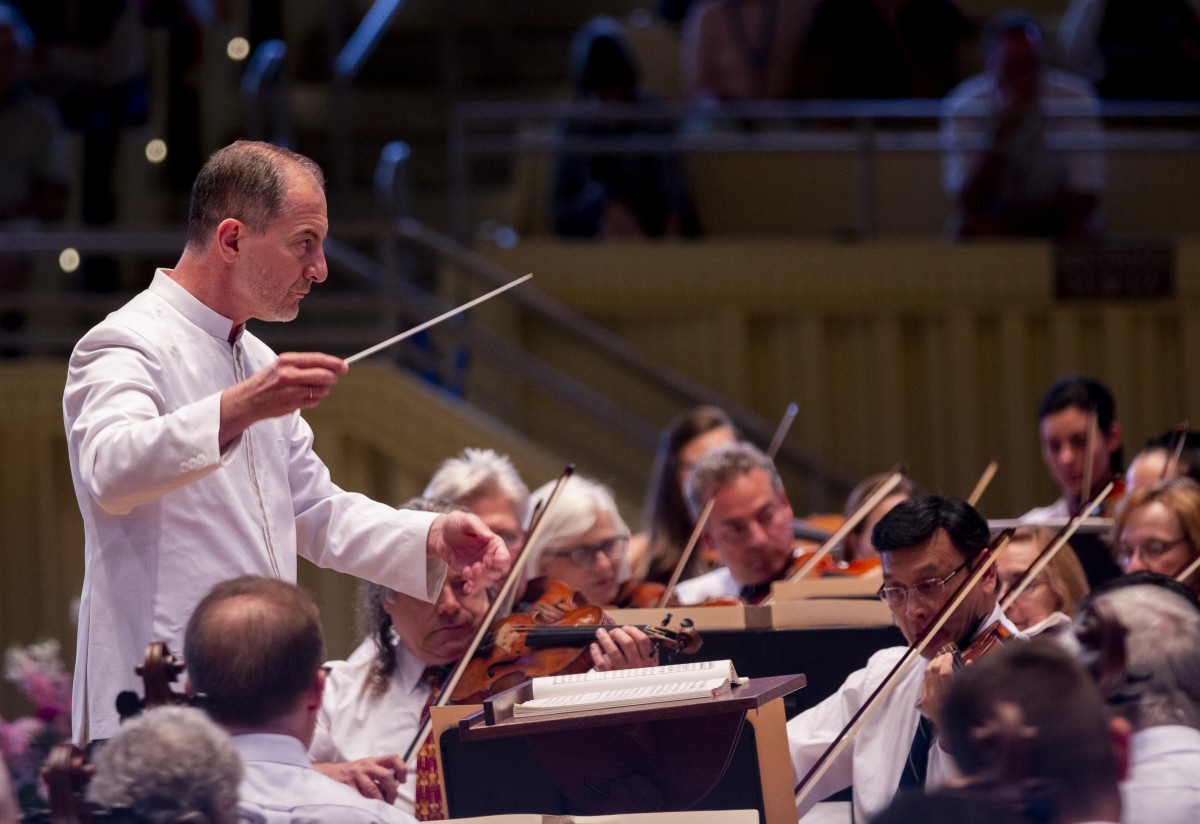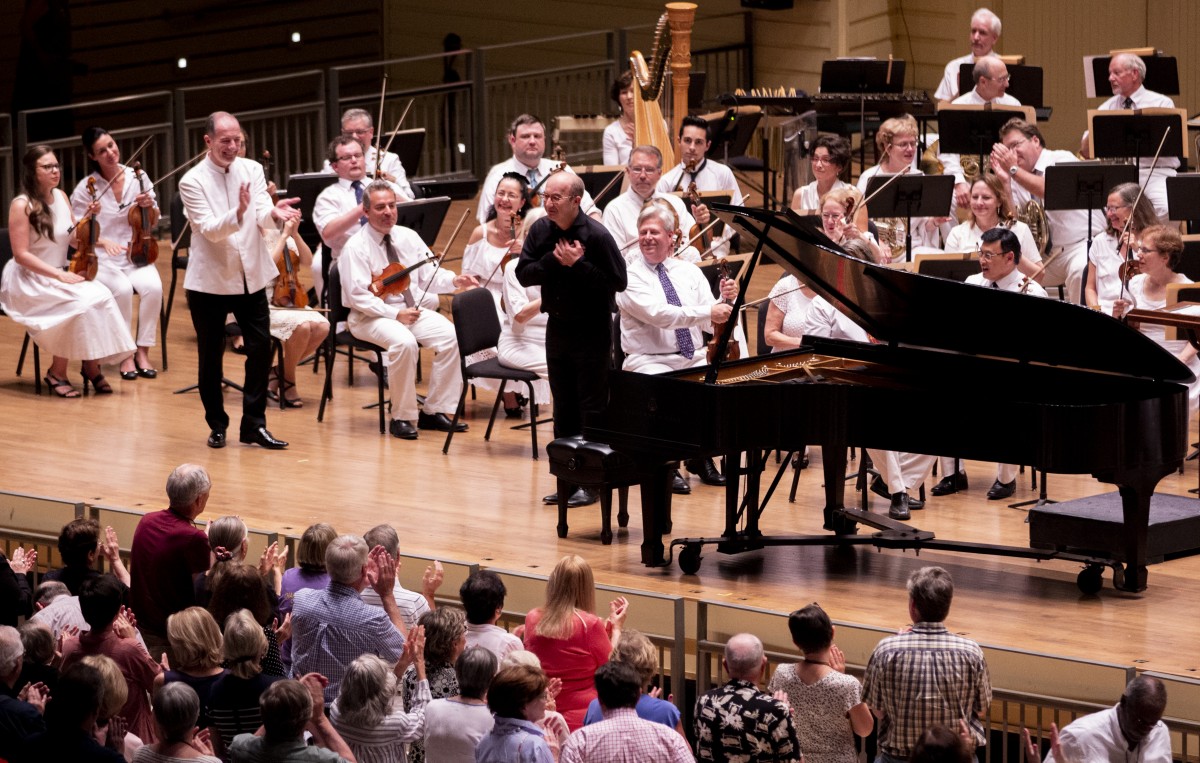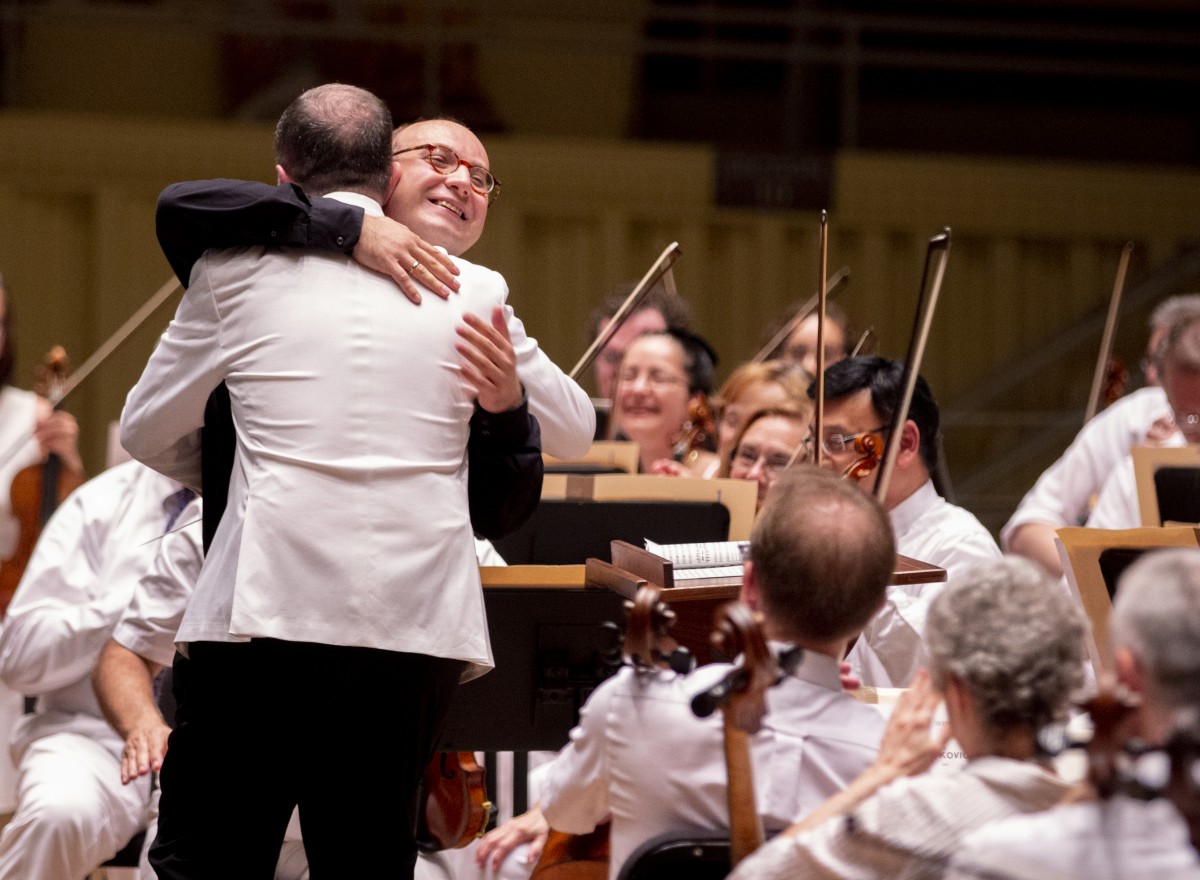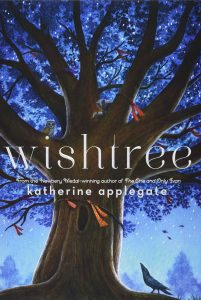 During Week Two, “Uncommon Ground: Communities Working Toward Solutions,” CLSC Young Readers will take time to understand the complexities of identity and discrimination.
During Week Two, “Uncommon Ground: Communities Working Toward Solutions,” CLSC Young Readers will take time to understand the complexities of identity and discrimination.
Reading the book Wishtree, by Katherine Applegate, young readers will be working with coordinators of the Abrahamic Program for Young Adults to discuss ideas of community and identity, as well as differences in religions and race at 12:30 p.m. today at the Jessica Trapasso Pavilion at Children’s School.
The theme of Week Two coincides with the book’s message: communities working toward solutions. In the book, a tree named Red grows in a neighborhood and is known as “the wishtree.” People from all over come to hang something off Red’s branches and make a wish for something greater in life.
A Muslim family moves to the neighborhood with their daughter, Samar, who wishes for a friend. This wish is not easily granted, however, as one day a lanky boy discriminatingly carves “leave” into Red’s trunk, as a message to Samar and her family. As police show up to investigate, Francesca, the woman who owns the land where Red lives with a community of animals, decides Red should be cut down.
In that time, Red and her animals make a plan to get Samar a friend — her neighbor, Stephen. Samar’s and Stephen’s parents never end up talking to one another, but the children become friends regardless. Stephen ultimately gets the entire school to write “stay” on notecards to hang from Red, in a new message to Semar and her family.
This lesson of acceptance is a large portion of the reason Karen Schiavone, manager of community education, partnered with APYA for this week’s lesson.
“After reading Wishtree, I knew it was perfect for this week,” Schiavone said. “It’s beautifully written and captures the very essence of a community — albeit one made up of a tree and various animals — working together to affect change. … I think Wishtree serves as a reminder that community comes in all shapes and sizes and types. It is not limited to the area in which we live, but can come from friendship and love and, in this case, the desire to achieve a common good.”
One of the APYA Muslim coordinators, Safwan Shaikh, echoed Schiavone’s thoughts and said APYA is excited for the opportunity to present such a discussion to a younger audience.
To preface the discussion, Shaikh said coordinators will explain their own stories of religious and racial backgrounds to bring the book conversation into reality for some of the readers. Shaikh broke it down even further than race and religion, citing growing up and accepting small differences as themes in Wishtree.


